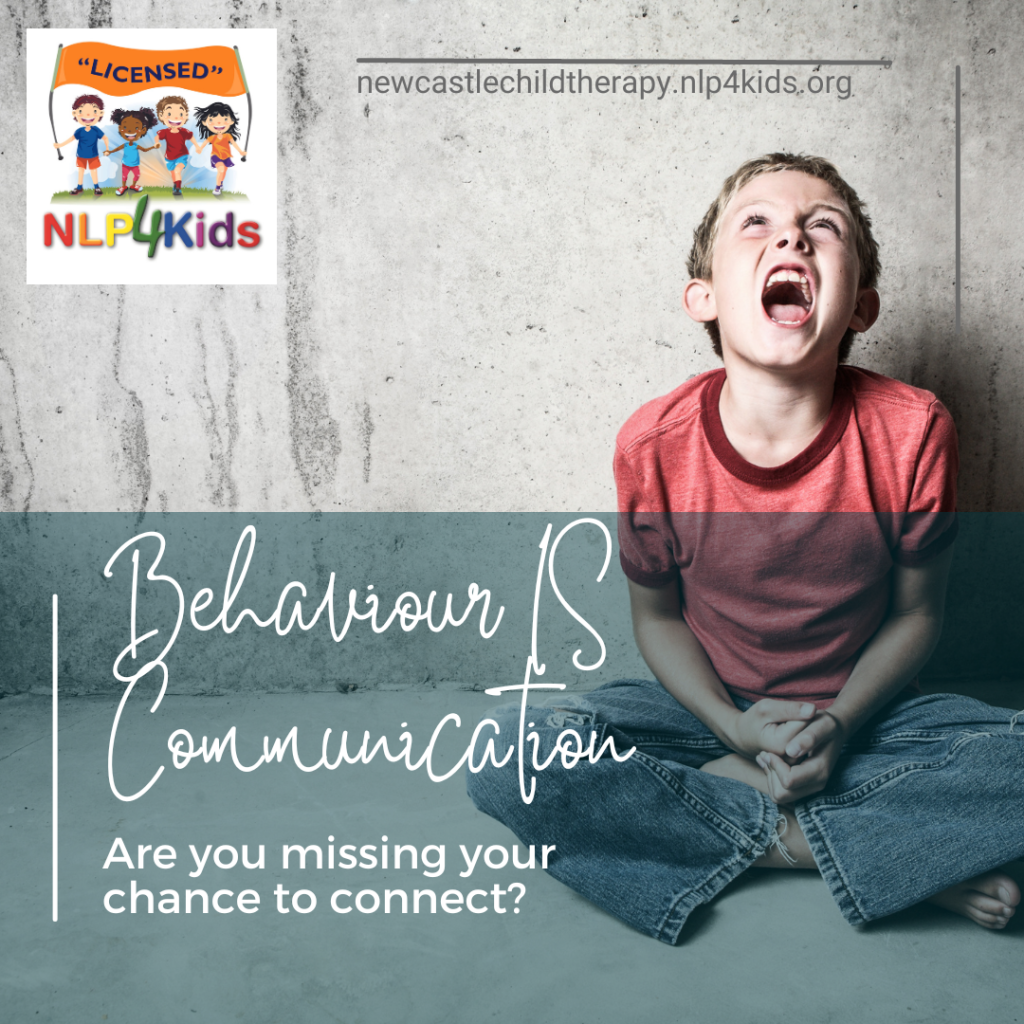Behaviour IS Communication

I’ll say it again: BEHAVIOUR IS COMMUNICATION. Traditional methods of parenting focused on behaviour management (trying to get rid of behaviours the parent didn’t like).
BUT if we try to respond to behaviour by focusing on changing it rather than trying to understand it, we are not going to get the outcomes we want.
When we imagine our children’s future what is it that we want for them? Happiness? A good relationship? Close friendships? A family of their own? A good job? If we were to think about the relationships that we envisage for them most parents would agree that they want their child to have relationships in which they are listened to, understood and respected.
The relationship that we have with our children is the blueprint that they take into future relationships. Being controlled in a relationship is not in most people’s life goals for their children. So why is it that as parents society has taught us to focus on control and discipline rather than communication and connection?
Children are not born with the emotional control or verbal capacity to tell us how they feel and let us help them. They are much more likely to show us how they feel.
When the feeling is sad, angry, or anxious we are going to see behaviour that relates to this. When your child responds with anger or upset your first question shouldn’t be how do I stop the behaviour that I don’t like? It needs to be what is my child struggling with?
If you miss this step and jump ahead to managing the behaviour, then any consequence you chose to put in is unlikely to work in the long term. This is because the consequence won’t be related to the actual issue (because you don’t know what the issue is) and the child will feel angrier and more upset because they don’t feel listened to or understood (because you haven’t listened or understood!)
In the long term the behaviour is likely to get worse and the disconnect between you and your child will grow wider.
So next time you are met with a behaviour you don’t like the first thing you need to do is STOP, LISTEN and CONNECT.
This doesn’t mean there are no consequences for behaviour or that children don’t need guidance and boundaries but taking the time to truly connect and understand the behaviour that you don’t like is the first step to changing your parenting story (and your child’s behaviour).
Click to contact me for further information
Jo Atkinson – NLP4kids Therapist and Parenting Coach

Leave a Reply